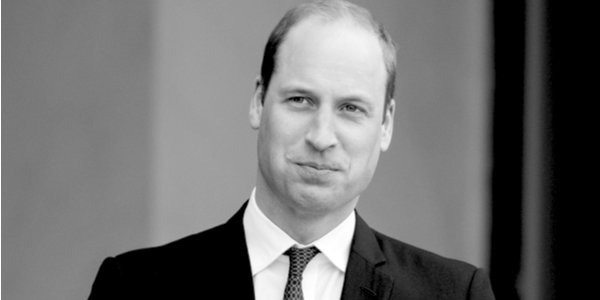THERE has been speculation that Prince William may seek to disestablish the C of E and possibly also the C of S (although the monarch is less closely tied to the Kirk) when he ascends the ever-creaking throne. If true, such claims are hardly surprising. The Prince of Wales is a Carols from King’s Christian, with an appreciation of the Church at a cultural level but for whom life in Christ means very little.
This contrasts somewhat with his father’s approach to Christianity, which is one of interested but largely ignorant curiosity. For Charles, the Church is a curio for which he holds an affectionate fondness, whereas for his late mother it was an old familiar, cherished not through sentiment but because it was the vessel which contained the faith she believed with all her heart: the Body and Bride of Christ.
As Christians, the question which ought most deeply to concern us is not whether the disestablishment of the C of E would be a rupture of tradition or historical continuity (in fact, both could potentially be preserved more Christianly outside of the established church than within), important though they are, but whether or not the Church is doing what Christ commissioned the Church to do: to preach to the world the Gospel of Jesus Christ. The simple reality is that the mainstream of the Church of England, the Church in Wales, and both the Presbyterian Church of Scotland and its mitred cousin the Scottish Episcopal Church has entirely abandoned any sense of a divine calling to evangelise and call the nation to repent and find eternal life in Jesus. Instead, the church secular has sought to mollify a secular worldview and serve as a non-challenging, Zeitgeist-affirming, therapeutic chaplain to Britons’ collective descent into godlessness.
Whether or not William decides to implement a soft disestablishment (and he would be legally constrained in the degree to which he could do this), the Church of England, assuming current trends continue, will be dead within a few years, perhaps as early as 2034, the quincentenary of its separation from Rome. It would be an overly facile argument to blame liberalisation alone for the decline of the C of E, however statistics prove that capitulation to popular sentiment on issues such as sexual ethics, gender roles and human dignity has not won the nation’s youth for Christ, but has merely alienated traditionalists and gained criticism from liberal secular voices for not fully embracing post-Christ standards.
Simply affirming people in lifestyles insulated from Christ is an extremely ineffective evangelistic technique. Even the decidedly woke Rev Richard Coles has reluctantly admitted that only churches which hold to orthodox Christian beliefs are growing. Certainly, liberalisation is a significant factor in the Church’s decline and is a tributary of a much larger river of social, economic, educational, and technological changes which have contributed to the slow seepage of Christian faith from the life of the British nation and the West more generally. Would an official severing of ties make much of a difference? As far as our national life is concerned, more than we realise, though as far as the C of E’s impact on Jack or Jill Smith, little could serve to dechurch them more than they already have been.
Perhaps a disestablished church will be a leaner, stiffer-spined, more rigorous body of believers unshackled from the compulsion to vindicate a world mired in sin and in need of the salvation that only Jesus can bring. As a Christian, I believe that revival is possible and that ultimately Christ is sovereign over His Church. Because she is Christ’s, the Church will finally triumph over sin and death by virtue of her union to Him, the vanquisher of Hades and redeemer of the universe. Don’t settle for anything less.

